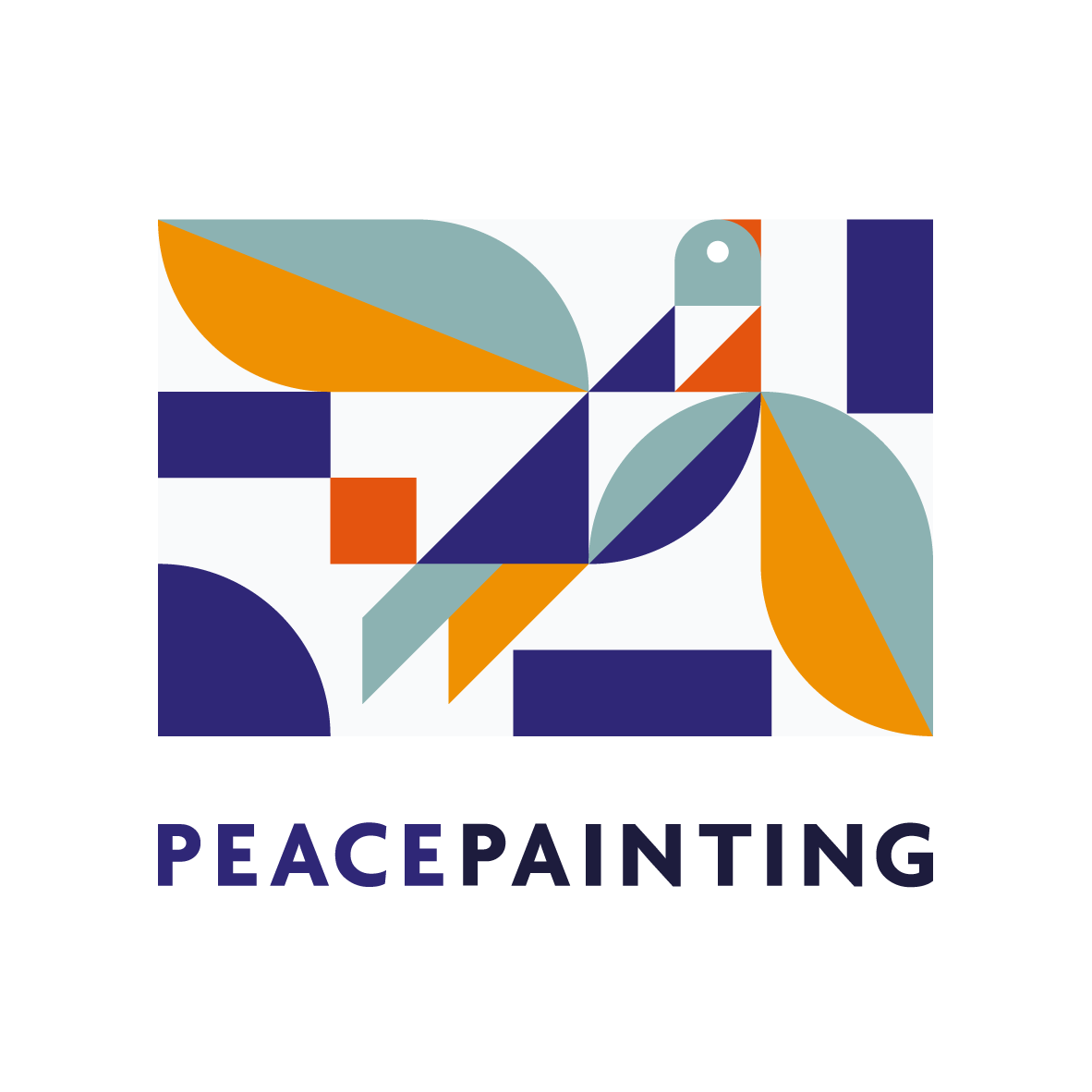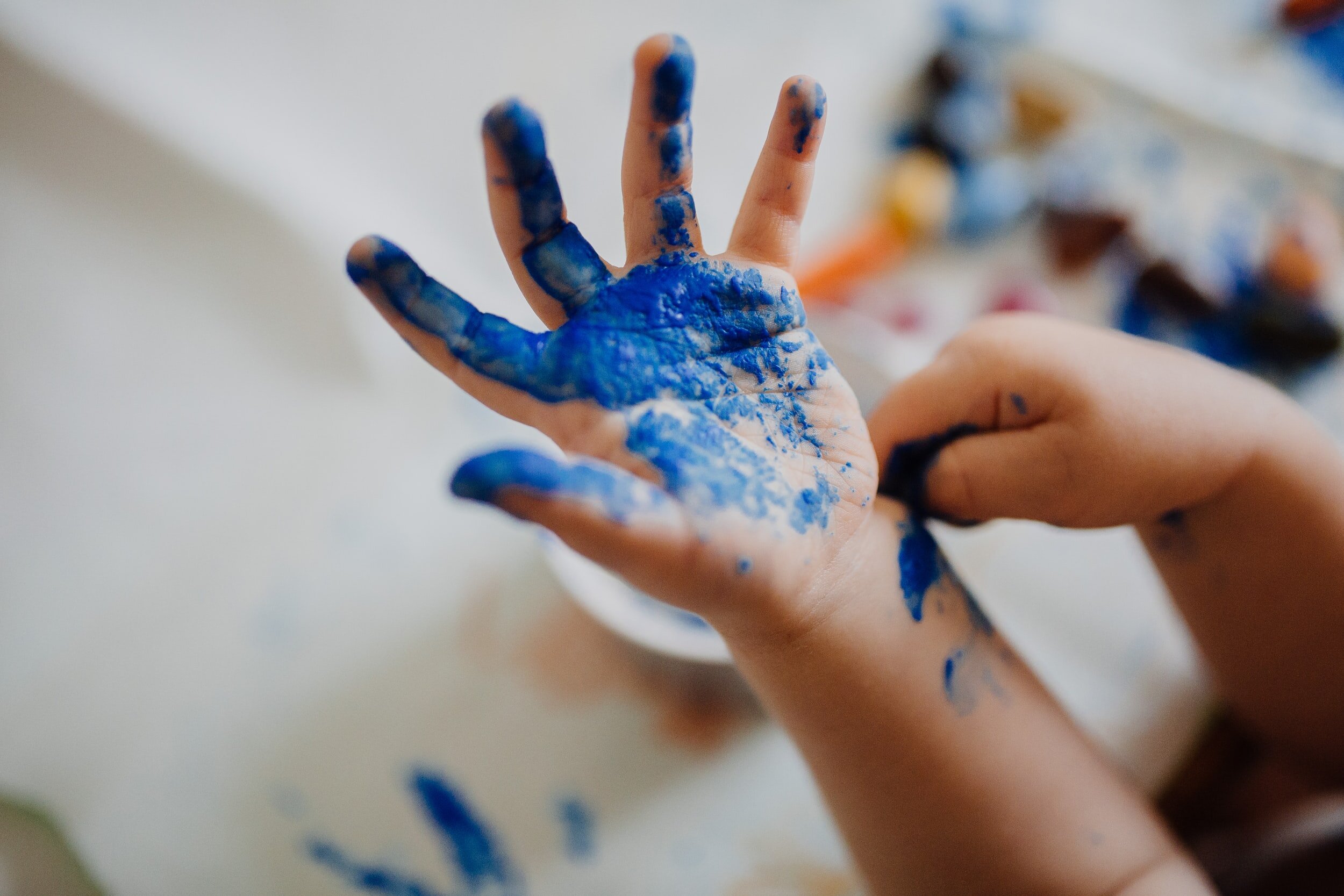The past year 2020/2021, Fiona Bauhofer at Windesheim Honours College in The Netherlands has been conducting research on the Peacepainting Method. They specifically looked at and how Peacepainting workshops contribute to Social and Emotional Learning Skills in children, drawing on the widely known Big 5 OECD Framework.
The Big 5 OECD Skills are:
conscientiousness (work ethic; organization)
agreeableness (kindness; empathy)
emotional stability (composure; flexibility)
openness (curiosity; analytical thinking)
extraversion (sociability; assertiveness)
We are now happy to release the results of this preliminary study on the Peacepainting method.
The data came from interviews with Peacepainting workshop facilitators. Through the interviews, as well as the supportive literature, it was found that Peacepainting workshops show a general stimulation of OECD Big 5 competencies in children.
For example, after self-participating as a child, Frankie described the workshops as formative till this day, despite being too young to grasp what they change and achieve.
Whereas the Peacepainting workshops were influential for Frankie as a person and artist, the researcher emphasized that the effectiveness of creative expression intervention also depended on the individual participants. That was seen not only by scholars like Goldstein and Brooks (2013), John et al. (2008) and Luthar et al. (2000) but also constantly reconfirmed by the interviews with the Peacepainting facilitators.
Beyond individual differences, there were some significant effects which the interviews and literature generalized. The most referred to Big 5 domains were openness to experience, extraversion and agreeability. Besides the pure quantity of domain naming, each connected to specific workshop components that supported the stimulation of the OECD Big 5 domains. Together, these results proved that the Peacepainting method is beneficial for stimulating the OECD Big 5 in children.
Moreover, the research showed that other Peacepainting workshop elements stimulated personality development. Workshop facilitators saw great relevance to aspects like internationality, exhibitions and the workshop atmosphere. Peacepainting facilitators perceived great relevance in exhibiting participants art pieces and the surrounding atmosphere. According to the literature, such intervention components are often overlooked by researchers, (Coholic et al., 2012). These unique Peacepainting components seem to have great potential in social and emotional development, and more research is needed on these aspects.
The fact that the Peacepainting method stimulates OECD Big 5 domains also indicates that it stimulates that which is referred to as resilience, 21st century skills, or adjustment skills (Berg et al., 2017; Park, 2018). Having these skills highly developed is helpful when facing adversity like a faster changing world or illness. However, it is essential to remember that adjustment level, resilience and OECD Big 5 skills are not set in stone. Instead, these aspects of life and personality change. They follow ups and downs and depend on in- and external changes and developments. Nevertheless, the stimulation of OECD Big remains a positive advancement but is not the end of a person’s development journey.
In sum, all Big 5 domains were stimulated and developed to a certain degree with the Peacepaitning Workshops. Facilitators especially strongly perceived the development of openness to experience and extraversion. Each domain stimulation was also connectable to specific intervention activities or design element.



